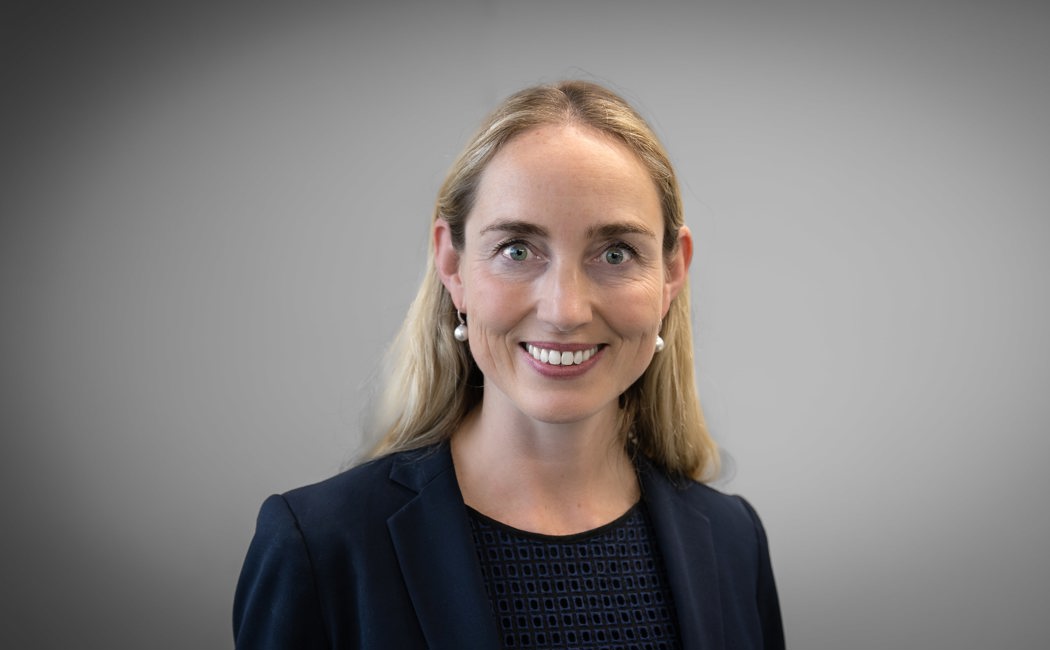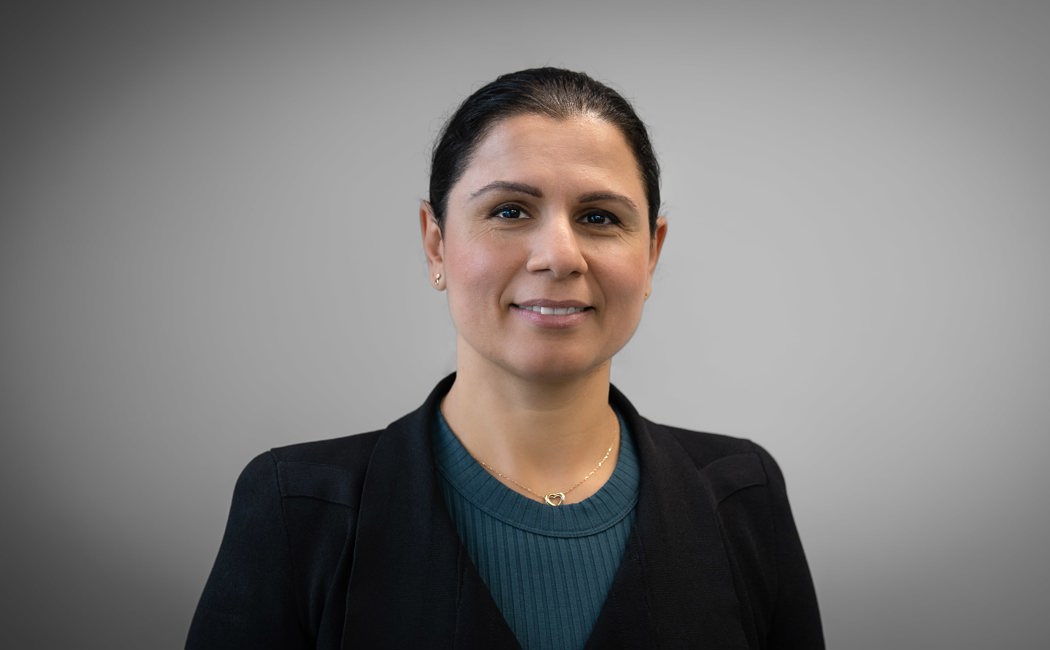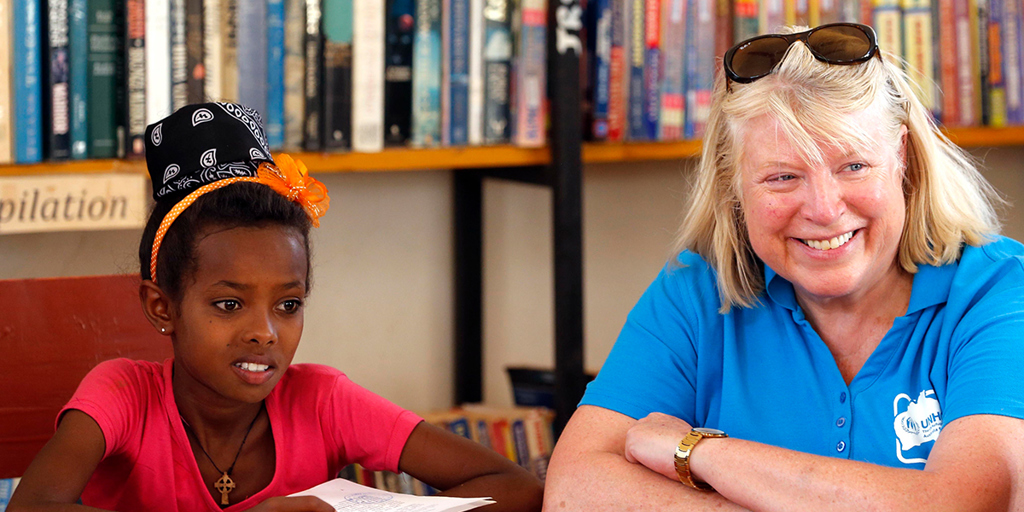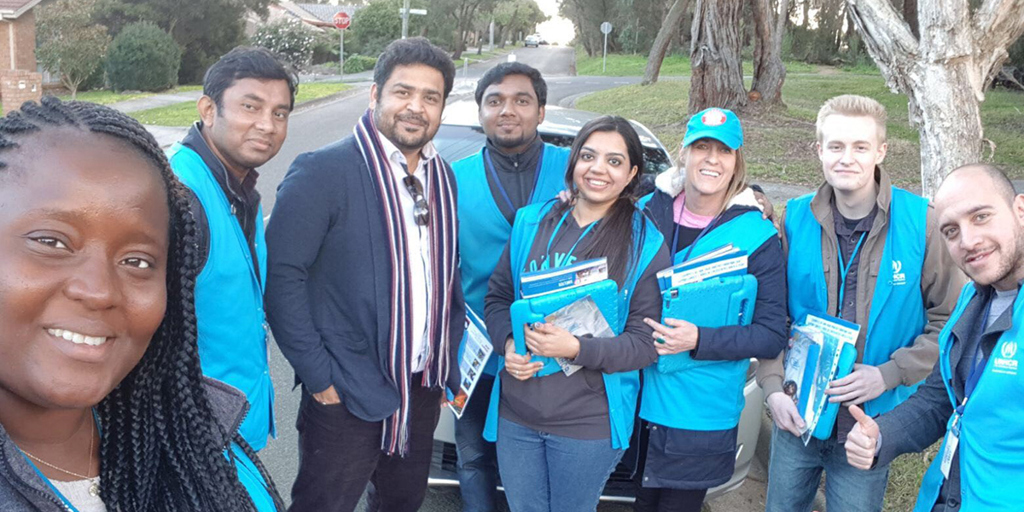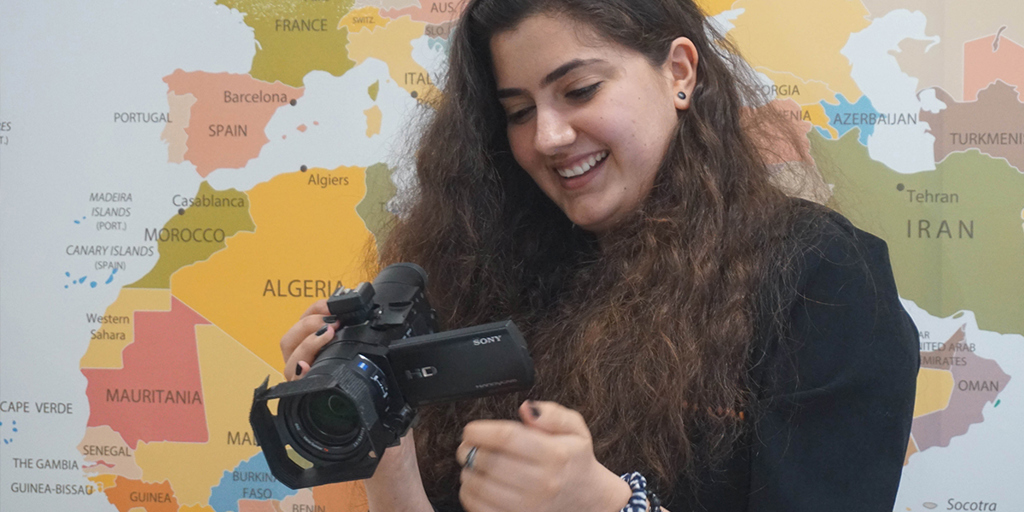Karen Khadi and her four siblings grew up in the relative safety of Australia. But in 1986, with the Lebanese civil war looking like it was about to end, Karen’s parents decided to move the family back to their homeland, in anticipation of witnessing its rebirth.
Ten-year-old Karen was used to hopping on her bike and going wherever she liked. When she discovered her brother Andrew had snuck off one day to a cinema near her grandfather’s house in Lebanon, her first thought was to follow him. “It was so cool, no one was there,” Andrew told her.
But when their grandfather learned of Andrew’s adventure, he was furious. “Don’t you understand that is a prime spot for an explosion?” he shouted. “There was no one there because everyone knows not to go!”
For the next three years, the family was schooled by their seasoned grandfather in how to live amid a civil war.
“Through care and worry and love, my grandfather didn’t want us to go anywhere: you have to stay in this building, he’d say, and that’s because it was a very volatile country at the time, and we struggled with that as kids,” says Karen. “Then there were the bombings. “It became the norm to always assess your safety routes wherever you went in the event something happened.”
When the political situation failed to settle, the family returned to Australia, but Khadi’s experiences have stayed with her for life. “I'm constantly saying to myself, why am I the lucky one?” Her parents didn’t need to apply for refugee status and had the means to return and start over. “We just got lucky, and I think that it's incumbent on me to make the most of the opportunity I've been given.”
These days Karen is an Executive Director with Macquarie Group, leading stakeholder engagement for Commodities and Global Markets. Her early experiences have instilled in her a passion to use her privileges to help others; so far, she has mentored talented women as part of the Women in Banking and Finance program, and has also worked with Women for Change to raise money for girls’ education in Kenya. Karen is also the Chair of LIFE Generation Australia, which raises money to support scholars’ education in Lebanon.
















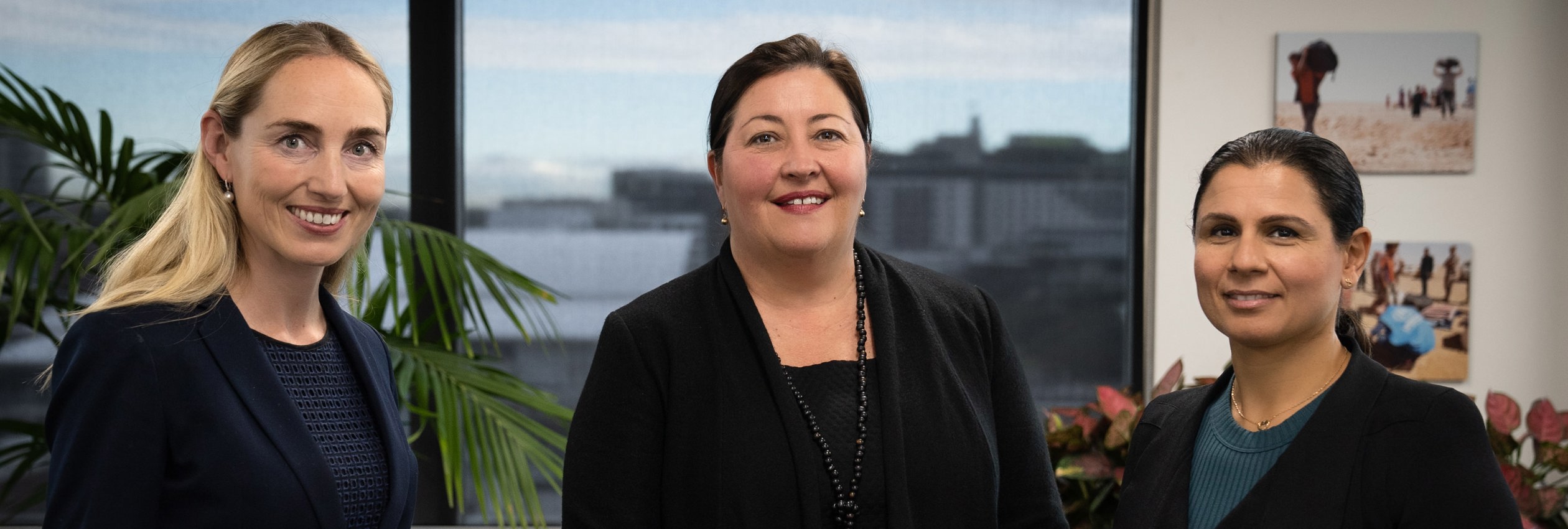
 Australia
Australia
